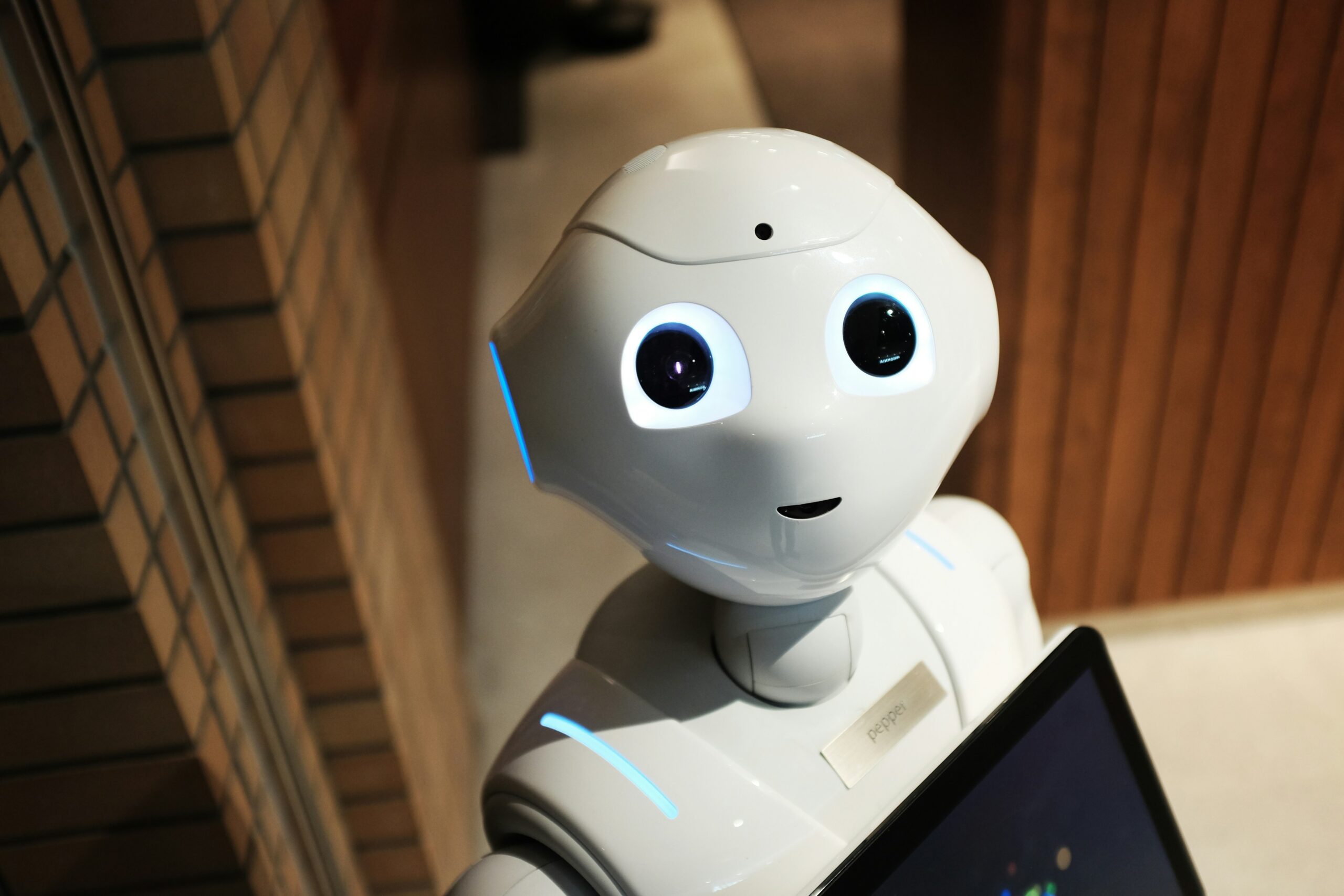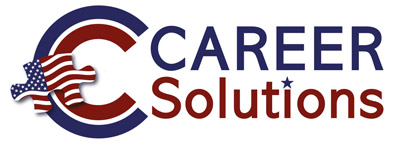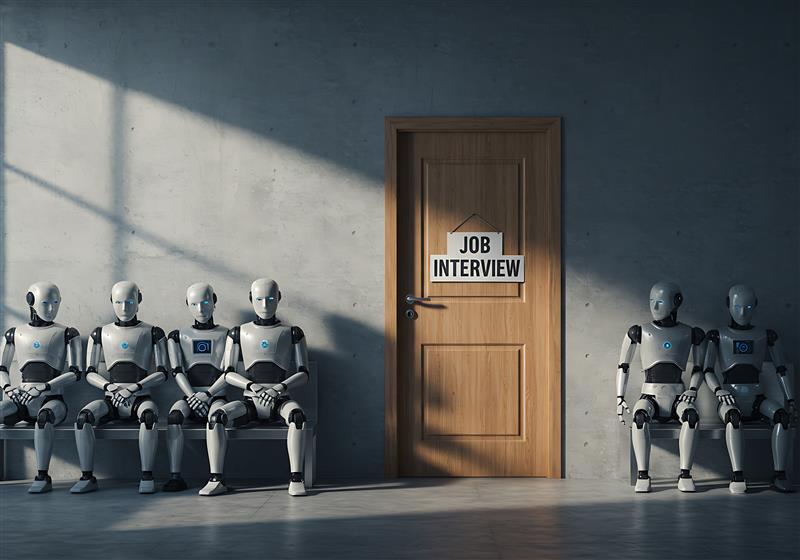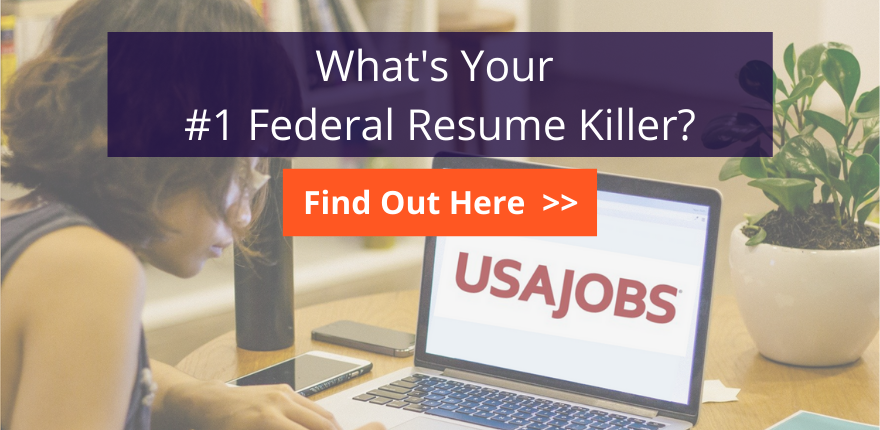Artificial intelligence is transforming the workforce at warp speed. Some hail it as a revolution that will open new doors, while others fear it is shutting existing ones. Is AI taking your job?
So, what is the truth?
Is AI really taking jobs away from hardworking professionals, or are we just experiencing growing pains as the labor market evolves?
In this blog, we’ll explore real-world evidence of AI-related job losses, what experts predict, and most importantly, how you can protect your career by learning new skills and staying ahead.
AI-Driven Job Losses Have Been Happening for A While
Contrary to the belief that AI’s impact is merely speculative, real-time data shows that thousands of people are already being displaced due to automation and AI.
- Major Tech Layoffs: Microsoft, Amazon, Intel, Meta, and others have laid off thousands of workers, citing AI and automation as direct causes (Business Insider, Economic Times).
- UK Job Market Decline: The Guardian reports a rise in UK unemployment to 4.6%, with 276,000 jobs lost in part due to AI replacing roles in PR, IT support, and writing (The Guardian).
- Federal Government Layoffs: In the U.S., over 275,000 federal civil service roles are being cut, with at least 128,709 confirmed terminations, as part of a major government restructuring. Agencies like the IRS, FAA, and CISA are turning to AI to replace auditors, administrative roles, and monitoring services (Time, TechRadar, Axios).
Recognizing these shifts, Congress is considering legislation to expand AI and automation training for federal employees to help them transition into new tech-integrated roles (Federal News Network).
- Global Economic Forecasts: McKinsey and Goldman Sachs estimate that AI could displace up to 300 million jobs by 2030, with millions already in flux (Exploding Topics, Nexford).
The Numbers Don’t Lie
Even outside of tech, industries like finance, customer service, and content creation are seeing roles diminish as AI tools grow more capable.
Academic researchers also support this:
- A 2023 paper from MIT estimated that 25% of tasks in AI-exposed industries could be displaced soon (MIT IDE).
- A study from OpenAI and the University of Pennsylvania found that 80% of U.S. workers will see at least 10% of their job tasks affected by AI, with 19% seeing half or more of their work impacted (arXiv).

AI Is Also Creating Jobs but That’s Not the Whole Story
It’s true that AI is creating new roles as well. According to the World Economic Forum’s Future of Jobs Report 2025, an estimated 170 million new jobs will be created globally by 2030, nearly equaling the 92 million jobs displaced, resulting in a net gain of 78 million jobs (WEF).
Companies are actively hiring for positions in AI ethics, machine learning, cybersecurity, and prompt engineering.
But here’s the catch: the jobs being created are not the same as the ones being lost.
New roles often require advanced technical skills.
Workers must rapidly reskill to take advantage of these opportunities, which can be challenging without support.
What This Means for You and What You Can Do About It
AI isn’t just a future concern; it’s today’s reality.
Whether you’ve been laid off, are watching roles around you disappear, or want to future-proof your career, the best move is to take action now.
- Identify Where AI Impacts Your Role
Break your job into key tasks. Are you spending most of your day on repetitive, rules-based activities?
If so, those tasks are prime candidates for automation. Look for opportunities to shift into more strategic or people-facing work that AI can’t replicate easily.
Use AI tools like ChatGPT or Google Gemini to test your workflow. If those tools can perform much of what you do in seconds, it’s time to evolve your role or explore new paths.
- Upskill in High-Growth Areas
Focus your learning on skills that align with emerging job trends. According to LinkedIn Learning and Coursera, the most in-demand skills in 2025 include:
- AI and machine learning
- Data analytics and data literacy
- Project management
- Digital marketing
- UX/UI design
- Cybersecurity
- Agile methodology
- Emotional intelligence and communication
Online platforms like Coursera, edX, Udemy, and LinkedIn Learning offer affordable ways to start. Even free tools like Microsoft Learn and Google AI Essentials can help you build foundational knowledge.
For federal employees, Congress is actively evaluating expanded training legislation that would provide more robust AI upskilling opportunities to help transition civil servants into new roles aligned with digital transformation.
- Apply Your Skills Through Micro-Projects
Don’t just take courses, build a portfolio! Apply your new skills in small ways:
- Automate a process at work or at home using AI
- Build a personal website using a no-code tool
- Analyze data from your industry and create a visual dashboard
- Volunteer your skills to nonprofits or local businesses
These projects serve as proof of your capabilities and help you build confidence.
- Update Your Career Marketing Materials
When you learn and implement these new skills, update your resume and LinkedIn profile to reflect your evolving skill set. Focus on keywords that show adaptability:
- “AI-assisted workflows”
- “Process automation”
- “Data-informed decision-making”
- “Digital transformation leadership”
Make sure your summary communicates future readiness. Show hiring managers that you’re not just keeping up—you’re driving innovation.
What Is a Magnetic Resume and Why You Need One to Get Hired Faster

- Build a Resilient Career Network
Join professional communities focused on your target industry and skill set. Consider:
- Slack or Discord groups in your field
- LinkedIn groups for AI, data, or digital transformation
- Facebook groups focused on AI skills and professional growth
- Local Meetup or Eventbrite gatherings focused on tech and workforce development
Networking with forward-thinking professionals keeps you informed and may open doors to new opportunities.
- Stay Flexible and Open to Career Pivots
If your current field is shrinking, be willing to explore adjacent roles. For example:
- Writers may pivot into content strategy, marketing automation, or UX writing
- HR professionals could transition into people analytics or employee experience design
- Administrative staff might explore operations, project coordination, or customer success
The key is identifying transferable skills and applying them in a new context.
Don’t Wait—Take Control Now
AI is absolutely affecting the job market, displacing some roles and reshaping others. But with the right mindset, tools, and training, you can stay relevant and in demand.
Don’t wait to be caught off guard.
Start by learning one new skill.
Build one new project.
Update one section of your resume.
Take control of your career in the age of AI
Take the next step to ensure your career remains resilient, adaptive, and future-focused.
Need expert personalized help with AI and navigating your next best career move? DM me.
Sources:
- Job Search Endurance + 6 World Series Takeaways For Career Strategy - November 3, 2025
- Mental Health and Career Success: Finding Clarity in Uncertain Times - October 10, 2025
- China-Linked Fake Job Scams Target U.S. Officials - September 17, 2025


